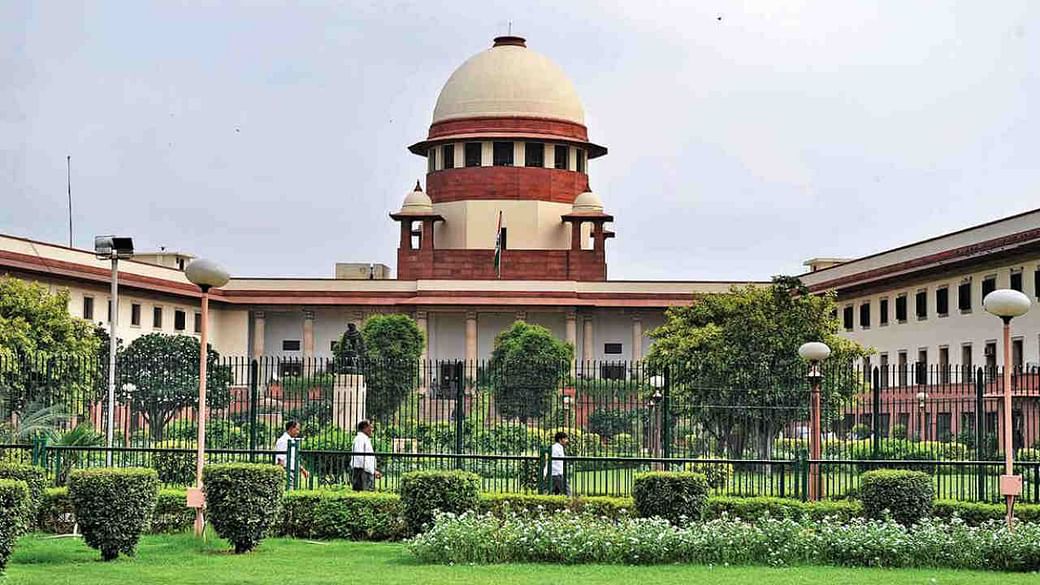
Supreme Court verdict on demonetisation today

A Constitution bench of the Supreme Court comprising five judges is scheduled to pronounce its verdict on Monday (January 2) on 58 petitions challenging the validity of the Union Government’s notification in November 2016 to ban currency notes of ₹500 and ₹1,000.
Most of the petitions have questioned the validity of the demonetisation exercise, while some wanted the government to permit banned notes, which could not be exchanged within the original deadline, to be exchanged now.
There may be two rulings given by the bench, one by Justice B V Nagarathna and the other by Justice B R Gavai.
Can the government unilaterally issue legal tender notifications?
When the court first started hearing the petitions, it questioned if the issue of demonetisation was just an academic exercise, since it was post facto. However, the counsel for the petitioners, P Chidambaram, had argued that the government could issue a notification related to legal tender only on the recommendation of the Reserve Bank of India.
Also read: SC reserves order on pleas against demonetisation, asks Centre, RBI to produce records
The Attorney General, R Venkataramani, arguing for the government, said that the court could not decide on a matter when no tangible relief could be granted. He said it would be like “unscrambling a scrambled egg” or “putting the clock back.”
In response to the RBI’s argument that judicial review could not apply to decisions connected to economic policy, the court said that it could not fold its hands and sit because it was an economic policy matter.
The court said that the arguments could lead to the court laying down guidelines for similar exercises in the future.
Consequences of demonetisation
The demonetisation removed almost 86% of the money that was in circulation in 2016. It resulted in a lot of frustration and confusion, as people struggled to exchange their old notes for new ones, standing in serpentine queues in front of banks and ATM kiosks for hours together.
Also read: PM yet to acknowledge the epic failure of demonetisation move: Kharge
The government’s argument in favour of demonetisation was that it strove to fight the threats of unaccounted or black money, terror financing, fake currency, and tax evasion.
The Opposition parties say that demonetisation destroyed small businesses, removed liquidity from the market, and resulted in massive job losses.


